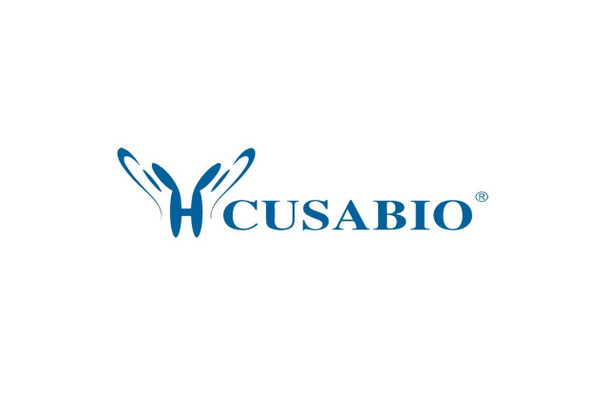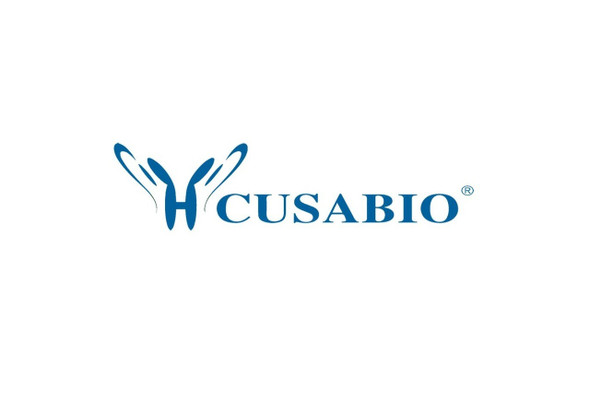Cusabio Polyclonal Antibodies
ANAPC13 Antibody | CSB-PA906762
- SKU:
- CSB-PA906762
- Availability:
- 3 to 7 Working Days
Description
ANAPC13 Antibody | CSB-PA906762 | Cusabio
ANAPC13 Antibody is Available at Gentaur Genprice with the fastest delivery.
Online Order Payment is possible or send quotation to info@gentaur.com.
Product Type: Polyclonal Antibody
Target Names: ANAPC13
Aliases: anaphase promoting complex subunit 13
Background: This gene encodes a component of the anaphase promoting complex, a large ubiquitin-protein ligase that controls cell cycle progression by regulating the degradation of cell cycle regulators such as B-type cyclins. The encoded protein is evolutionarily conserved and is required for the integrity and ubiquitin ligase activity of the anaphase promoting complex. Pseudogenes and splice variants have been found for this gene; however, the biological validity of some of the splice variants has not been determined.
Isotype: IgG
Conjugate: Non-conjugated
Clonality: Polyclonal
Uniport ID: Q9BS18
Host Species: Rabbit
Species Reactivity: Human, Mouse
Immunogen: Fusion protein of human ANAPC13
Immunogen Species: Human
Applications: ELISA, IHC
Tested Applications: ELISA, IHC;ELISA:1:2000-1:5000, IHC:1:25-1:100
Purification Method: Antigen affinity purification
Dilution Ratio1: ELISA:1:2000-1:5000
Dilution Ratio2: IHC:1:25-1:100
Dilution Ratio3:
Dilution Ratio4:
Dilution Ratio5:
Dilution Ratio6:
Buffer: -20°C, pH7.4 PBS, 0.05% NaN3, 40% Glycerol
Form: Liquid
Storage: Upon receipt, store at -20°C or -80°C. Avoid repeated freeze.
Initial Research Areas: Others
Research Areas: Others











